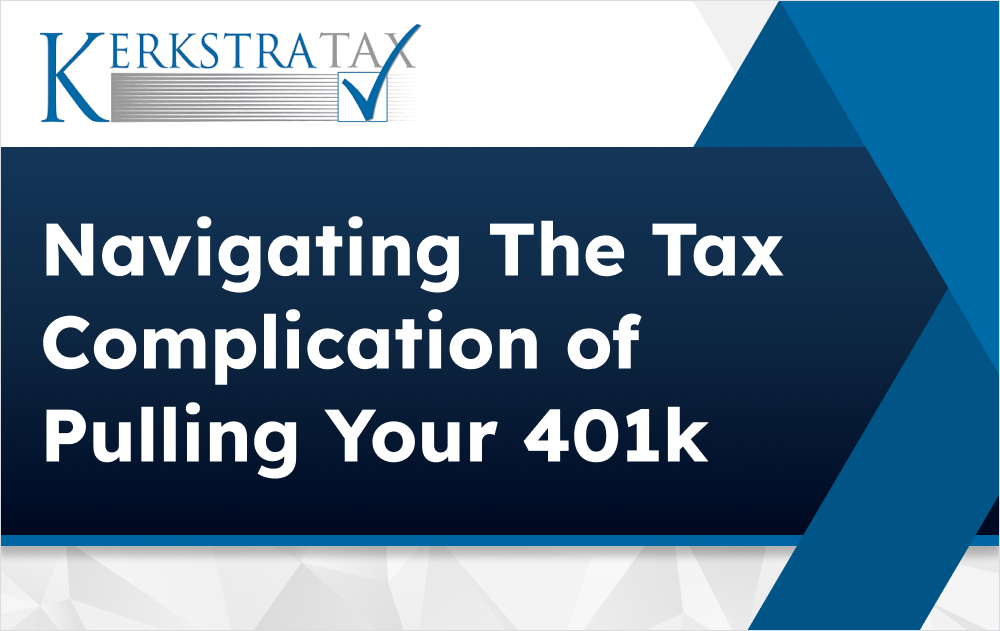As taxpayers seek to optimize their financial outcomes, strategic tax planning becomes increasingly vital. By leveraging various tax strategies and plans, individuals can minimize their tax liabilities and maximize their returns. Whether you’re a high-net-worth individual, a small business owner, or an investor, implementing effective tax strategies can unlock significant savings and enhance your overall financial well-being. Here are five strategic tax plans to consider for achieving high returns.
1. Retirement Account Contributions:
Contributing to tax-advantaged retirement accounts such as 401(k)s, IRAs, or SEP-IRAs offers immediate tax benefits while building a nest egg for the future. These contributions may be deductible from your taxable income, reducing your current tax liability. Additionally, earnings within these accounts grow tax-deferred, allowing for compound growth over time. Maximize your contributions to these accounts to capitalize on tax savings and secure your financial future.
2. Capital Gains and Losses Management:
Strategic management of capital gains and losses can optimize your tax outcomes. Consider harvesting capital losses to offset capital gains, thereby reducing your overall tax liability. Additionally, take advantage of preferential tax rates on long-term capital gains by holding investments for more than one year. Timing the sale of assets strategically can minimize taxes while maximizing after-tax returns on your investments.
3. Utilize Tax Credits:
Tax credits provide a dollar-for-dollar reduction in your tax liability and can lead to substantial savings. Explore available tax credits such as the Earned Income Tax Credit (EITC), Child Tax Credit, and education-related credits. These credits are designed to benefit specific taxpayers and may offer significant financial incentives. Ensure eligibility and claim all applicable tax credits to optimize your tax outcomes.
4. Charitable Giving:
Charitable contributions not only benefit worthy causes but also offer tax advantages. Donations to qualified charitable organizations are generally tax-deductible, reducing your taxable income. Consider strategic charitable giving by donating appreciated assets such as stocks or real estate, which may allow you to avoid capital gains taxes while maximizing your charitable deduction. Explore donor-advised funds and other charitable giving vehicles for additional tax benefits and flexibility.
5. Tax-Efficient Investment Strategies:
Implementing tax-efficient investment strategies can enhance after-tax returns and minimize tax drag on your portfolio. Consider investing in tax-advantaged accounts such as Roth IRAs or Health Savings Accounts (HSAs) to shield investment earnings from taxes. Additionally, prioritize tax-efficient investment vehicles such as index funds or municipal bonds, which generate lower taxable income or offer tax-exempt interest. Regularly review and rebalance your investment portfolio to maintain tax efficiency and optimize returns.
Conclusion:
Strategic tax planning is essential for maximizing returns and optimizing financial outcomes. By leveraging retirement account contributions, managing capital gains and losses, utilizing tax credits, strategically giving to charitable causes, and implementing tax-efficient investment strategies, individuals can minimize tax liabilities and maximize after-tax returns. For personalized tax planning guidance and expert advice tailored to your unique financial situation, contact Kerkstra Tax at (909) 946-1000. Our team of experienced professionals is committed to helping you achieve your financial goals and maximize returns through strategic tax planning.

 (909) 946-1000
(909) 946-1000





